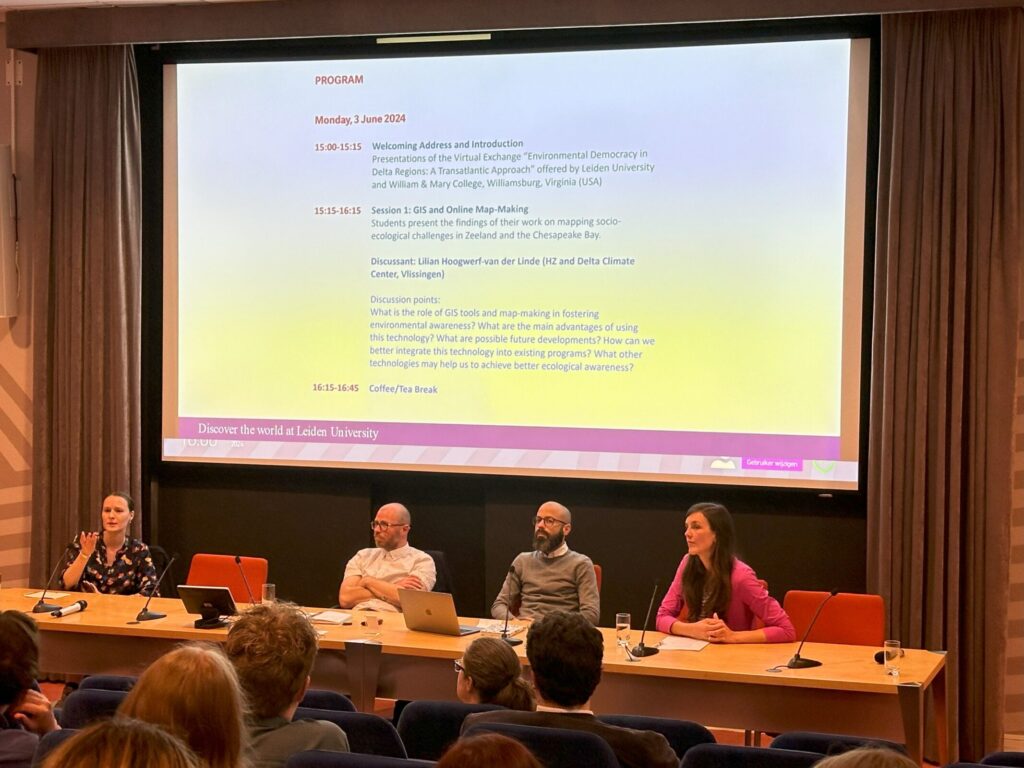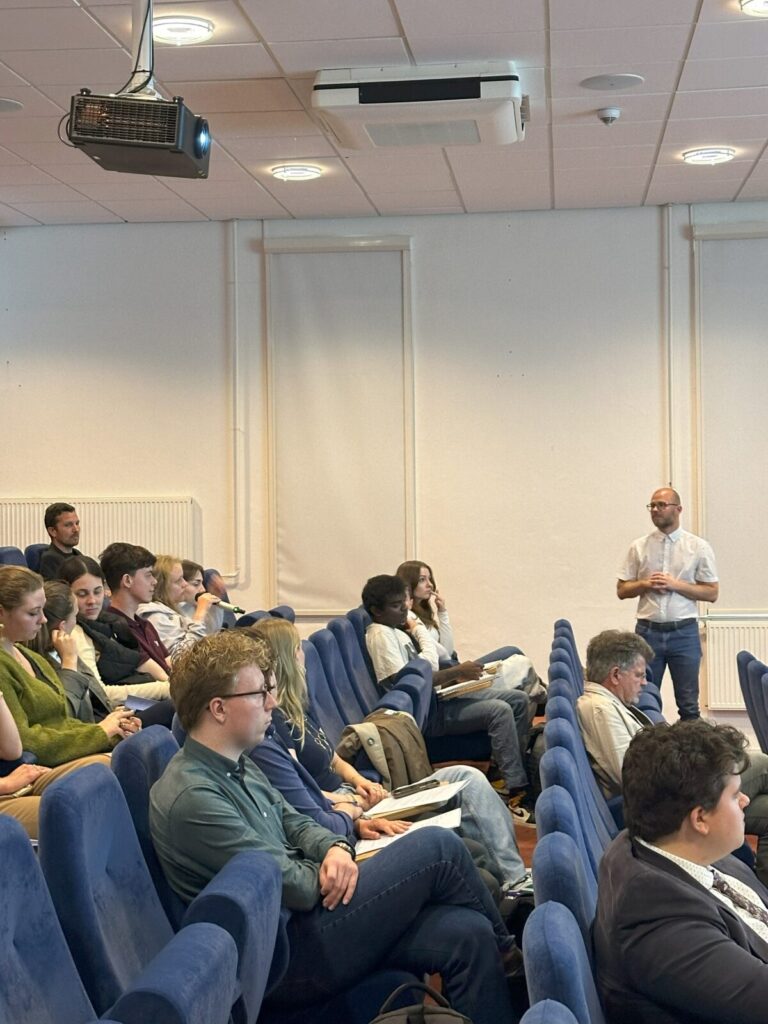On 3 June 2024, the RIAS held its annual Policy Workshop. The theme of this year was “Immersive Learning and Participatory Governance: The Role of Virtual Exchanges in Sustainable Development.” The event took place in Middelburg and saw the participation of fellow academics, experts, educators, and students coming from both the Netherlands and the United States.
The panel discussions and presentations touched upon some of the most urgent challenges that delta environments like Zeeland face due to climate change, including sea-level rise, toxic contamination, and soil erosion. These phenomena confront local communities with difficult choices and the necessity to find innovative and adaptive solutions. For these reasons, the discussions aimed at sharing best practices, knowledge systems, and cutting-edge technologies, in order to find ways to promote sustainable development of coastal areas around the world.

The workshop presentations drew comparisons between the Zeeuwse Delta and the Chesapeake Bay in Virginia (USA), reflecting on the risks, vulnerabilities, and needs of delta communities through the outcomes of a month-long virtual exchange that saw the participation and involvement of university students from the Netherlands and the United States.
The first session, chaired by Lilian Hoogwerf-van der Linde from the HZ and Delta Climate Center in Vlissingen, revolved around the necessity and advantages of mapping places of ecological distress in delta regions. The participants discussed the role of GIS tools and map-making in fostering environmental awareness and the possible future developments of such technologies. The second session, chaired by Laura op de Beke from Utrecht University, addressed how students learn about the functioning of democratic environmental decision-making processes and participatory approaches in environmental policy based on their engagement in online simulations and role plays.

The active involvement of colleagues and students from Leiden University, the University College Roosevelt, and the College of William and Mary in Virginia transformed the workshop into a golden opportunity to further share views about and concrete example of how environmental issues are communicated and taught across the Atlantic.
The full program can be found here.



